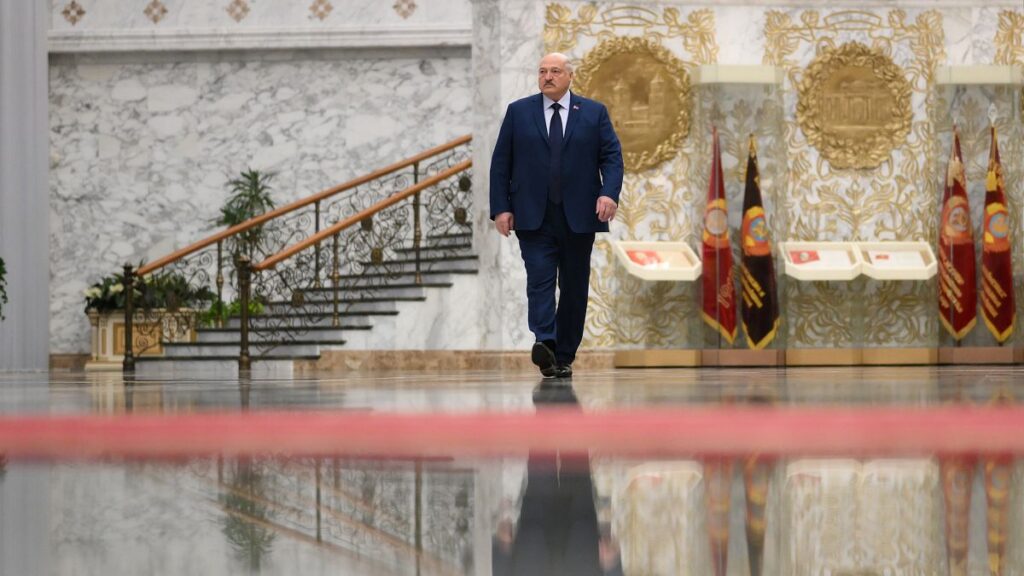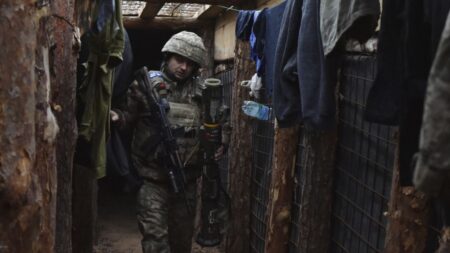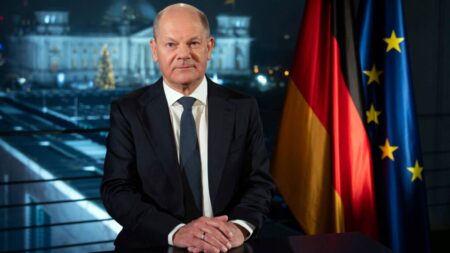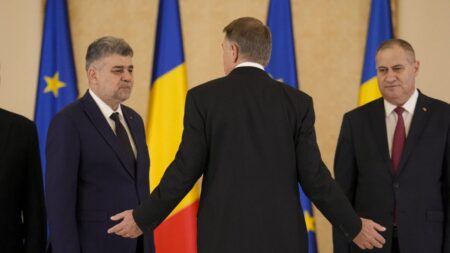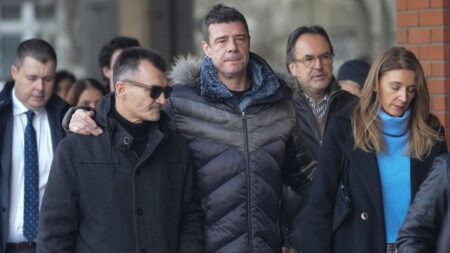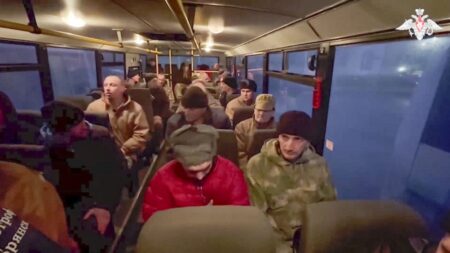Most were jailed following mass anti-government protests in 2020, when Lukashenko secured his sixth term in a vote widely condemned as fraudulent.
Belarus’ leader Alexander Lukashenko has pardoned a further 20 people whom rights activists describe as political prisoners.
That’s according to a statement published on Saturday on the president’s website.
The announcement comes amid ongoing oppression of political opponents in the run-up to presidential elections which will take place next month and widely expected to extend Lukashenko’s decades-long rule.
Belarusian officials did not provide the names of those released, but the statement posted online said that all of them had been convicted of “crimes of an extremist nature.”
The statement went on to say that the group included 11 women, whilst 14 of those pardoned suffered from chronic illnesses.
“All of those released repented for their actions and appealed to the head of state to be pardoned,” the presidential administration said, using wording familiar from a series of previous group pardons in the past six months.
Saturday’s announcement marks the eighth such pardon by Lukashenko since the summer of 2024.
In all, 207 political prisoners have been freed, according to Belarus’ oldest human rights group, Viasna.
Most were jailed following mass anti-government protests in 2020, when Lukashenko secured his sixth term in a vote widely condemned as fraudulent.
Around 65,000 people were arrested during those protests with Viasna saying over 1,250 remain behind bars.
No prominent opposition figures, many of whom have not been heard from for months, have been released.
They include Nobel Peace Prize laureate and Viasna founder Ales Bialatski; Siarhei Tsikhanouski, who planned to challenge Lukashenko at the ballot box in 2020 but was jailed before the vote; and Viktar Babaryka, who was also imprisoned after gaining popularity before the election.
The mass pardons come amid a new wave of repression, said Viasna activist Pavel Sapelka, as Minsk prepares to hold new presidential elections in January 2025 that are likely to hand Lukashenko a seventh consecutive term in office.
In November, the election commission allowed only seven politicians loyal to Lukashenko to start collecting signatures to oppose him in upcoming presidential elections.
“Lukashenko is sending contradictory signals (to the West), pardoning some but jailing twice as many political prisoners in their place,” Sapelka said.
“Repression is intensifying and authorities are trying to root out any signs of dissent before the January elections.”
Belarusian authorities engineer harsh conditions for political prisoners, denying them meetings with lawyers and relatives and depriving them of medical care.
At least seven political prisoners have died behind bars since 2020, according to Viasna.
Lukashenko, who has ruled Belarus for more than 30 years, is one of Russian President Vladimir Putin’s closest allies, allowing Russia to use his country’s territory to send troops into Ukraine in February 2022 and to deploy some of its tactical nuclear weapons.
Read the full article here







